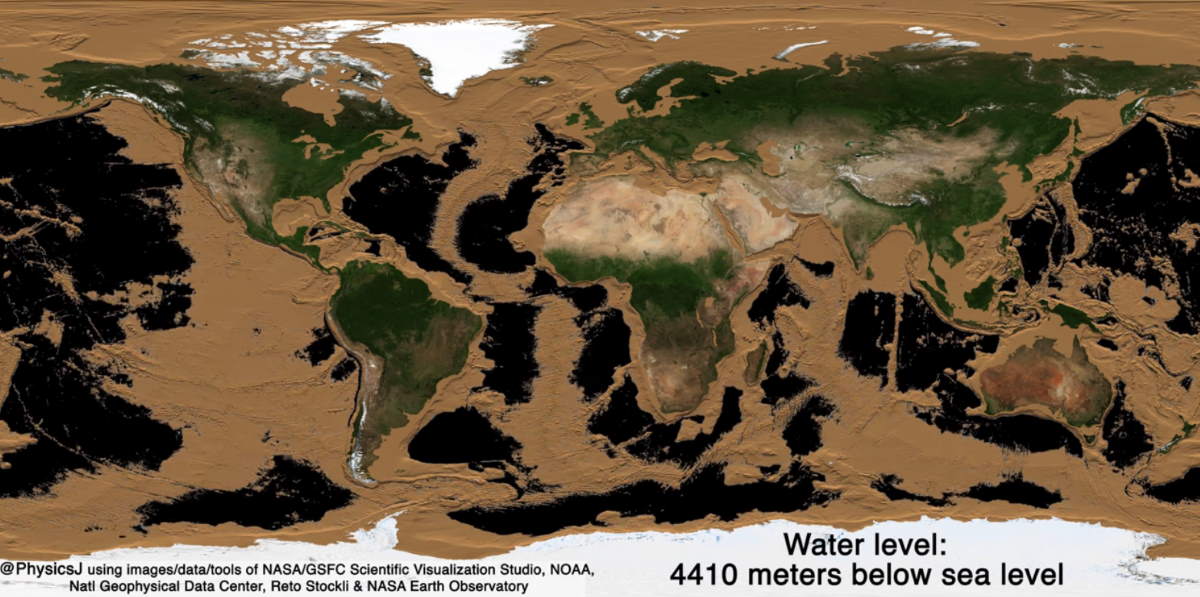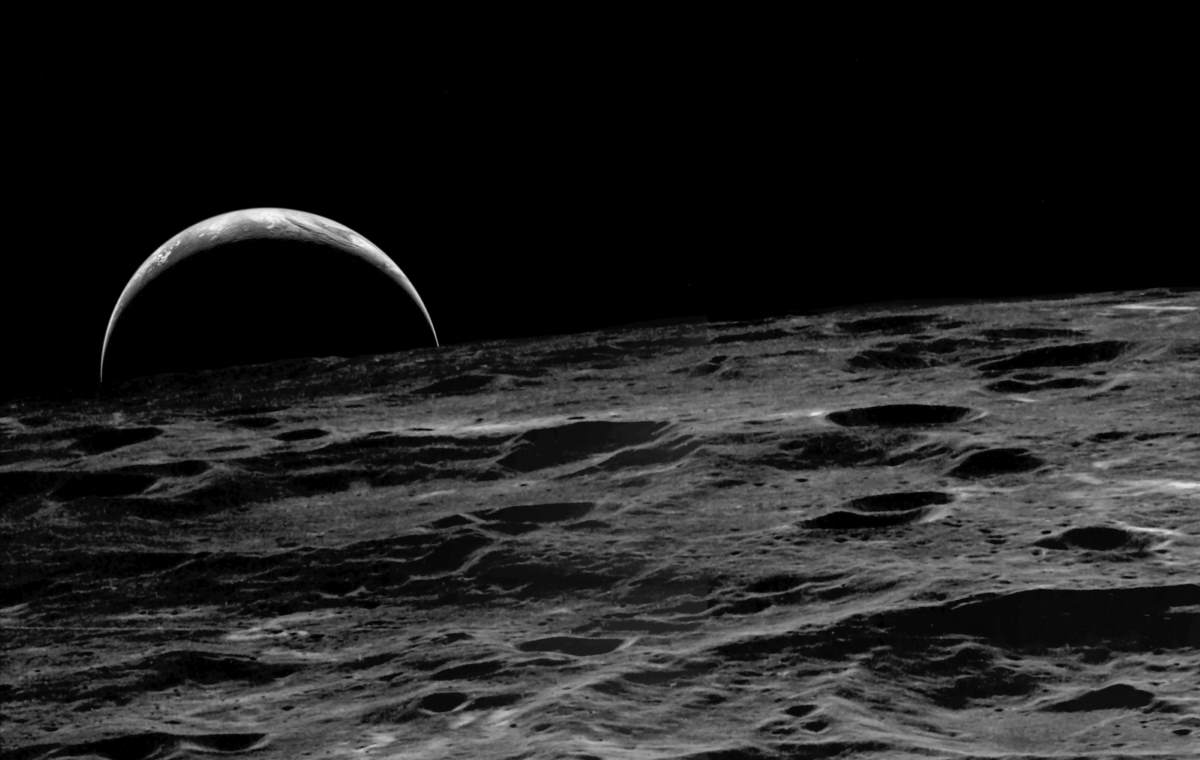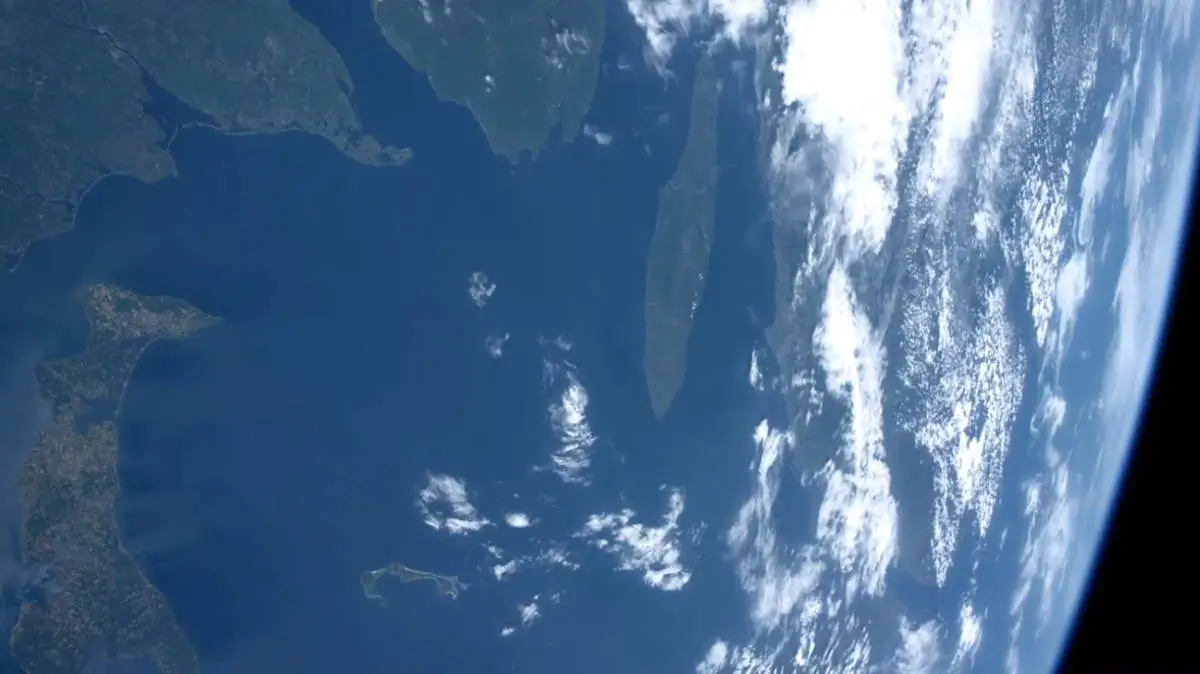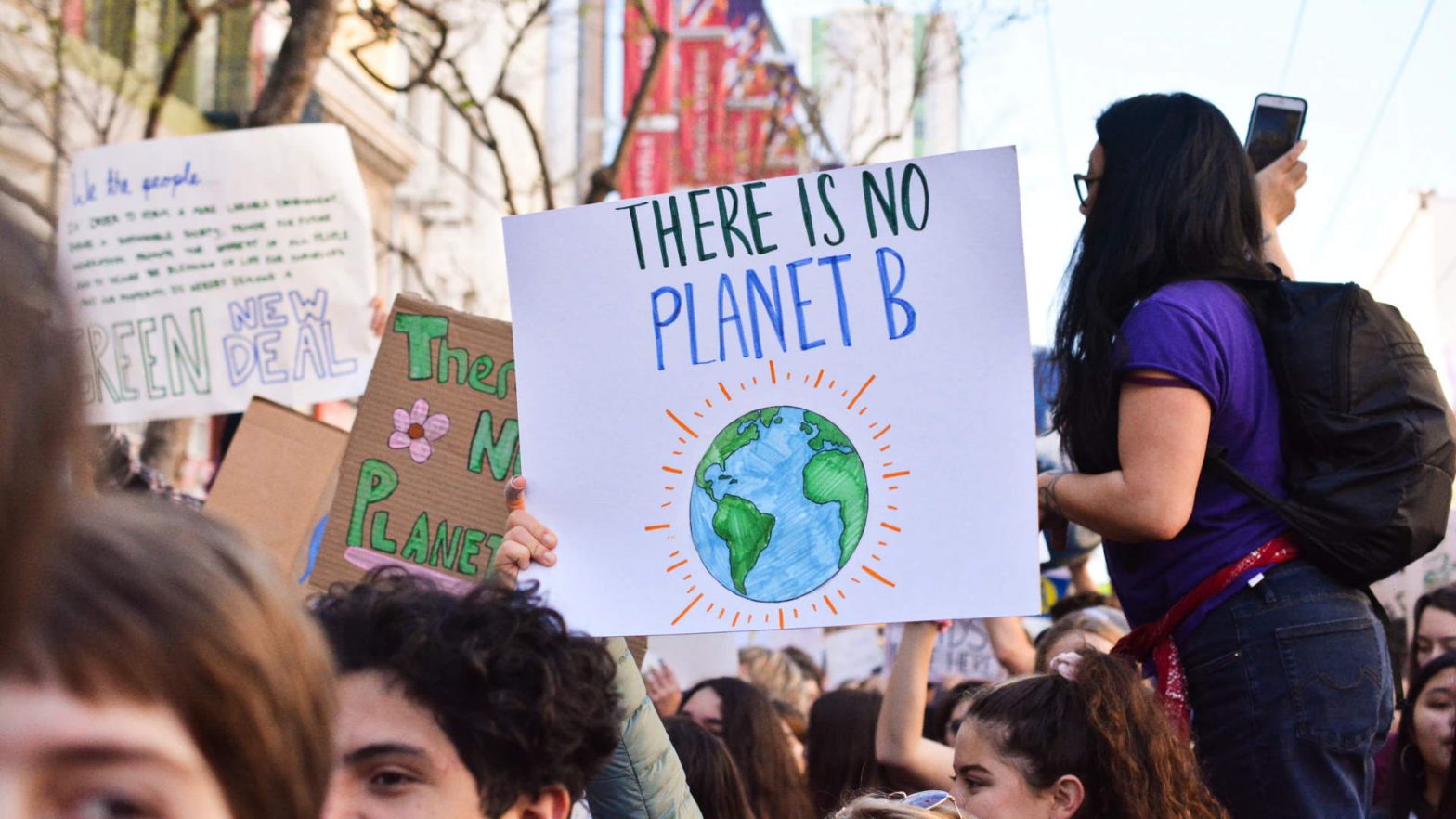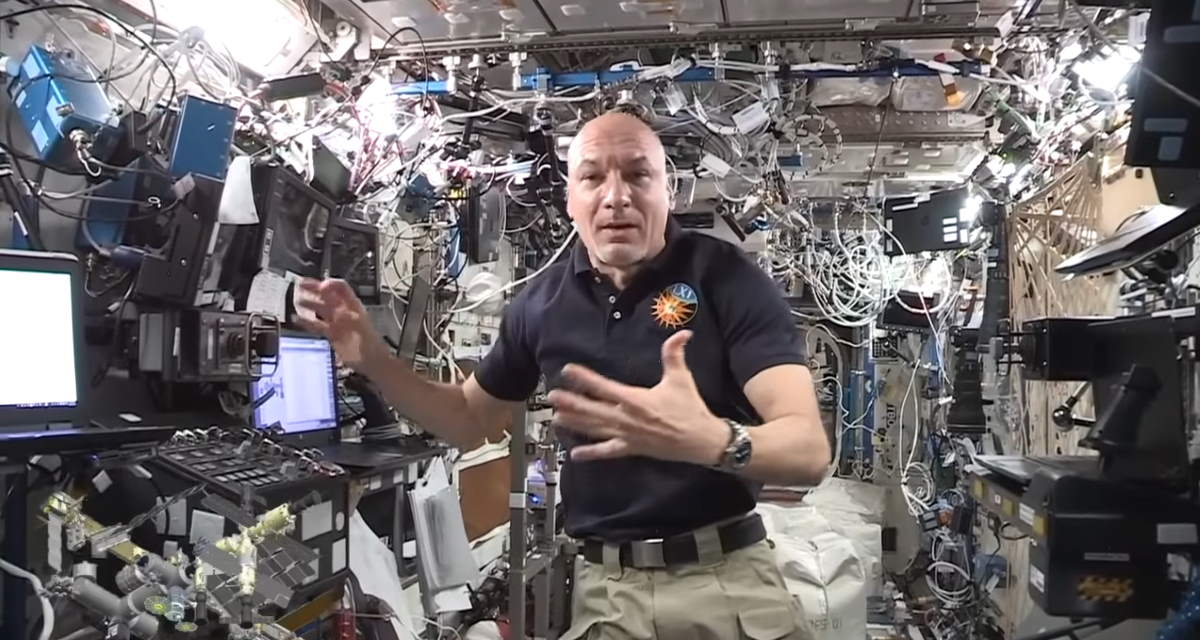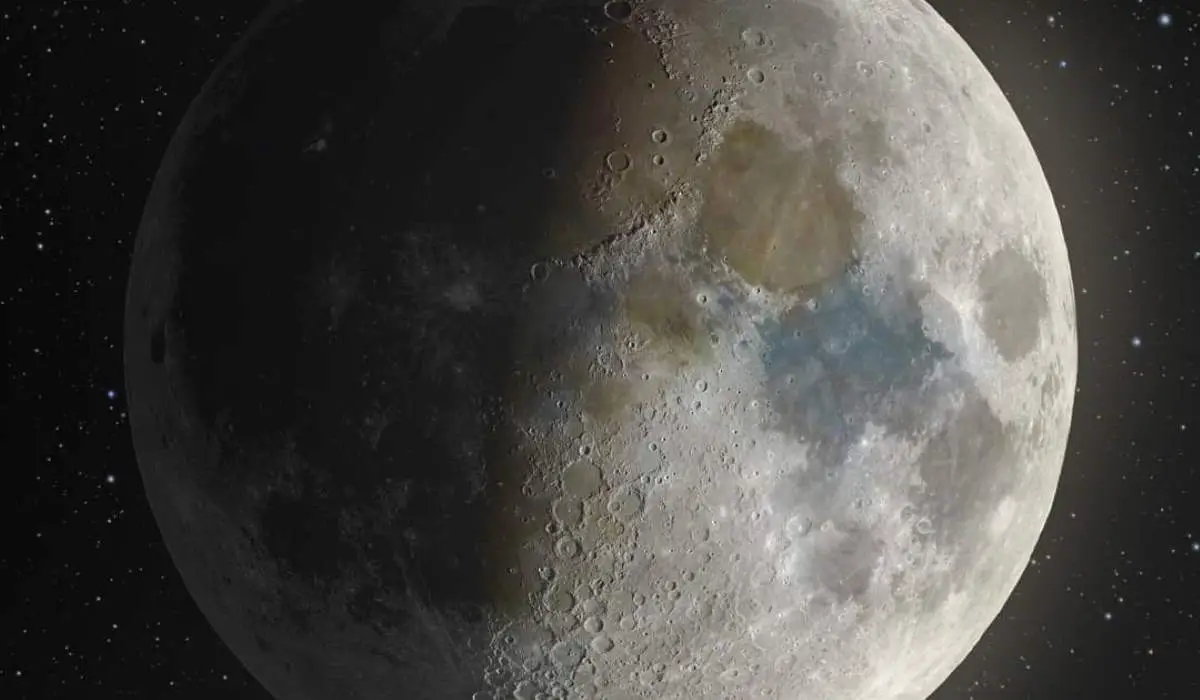Since people are becoming more conscious about the impact of meat consumption on our planet, we are beginning to shift our diets from “normal” to pescatarian, flexitarian, vegan, and so on and so forth. According to a recent study conducted at the University of Oxford, we should be eating 75% less beef and 90% less pork if we wanted to survive the global warming phenomenon, which is why people are starting to take action in this direction. If you are on the verge of becoming vegetarian yourself but enjoy your meat way too much to say stop, maybe fake meat is something you should consider.

